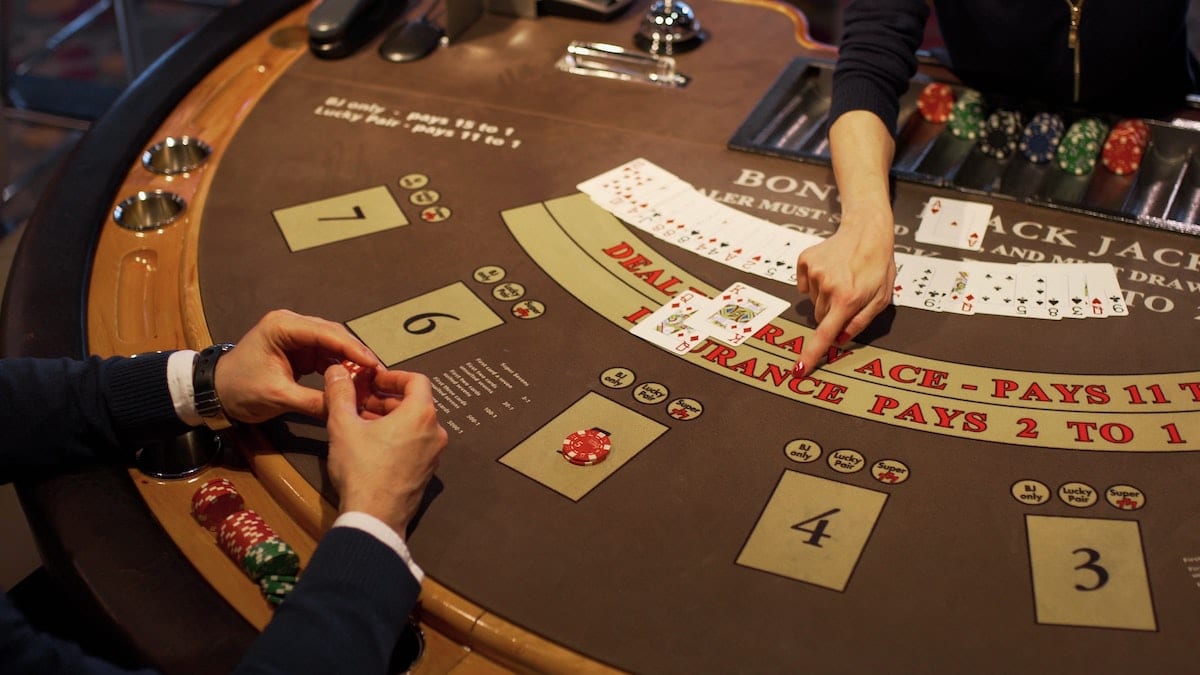
Although most of us consider gambling to be either something we do for fun,General Knowledge About The Casino Kings And High Rollers Articles or something to avoid because of addiction, there are actually people that are professional gamblers that make their living rolling the dice. Gambling and casino games is a hot topic of interest on question and answer websites. These general knowledge websites have a database of questions and answers about gambling and casino games. slot deposit 5000 People can browse through this vast amount of information to understand the basics.
For example, did you know baseball is not the only game to have a world series championship? The World Series of Poker attracts top poker players from all over the world. This series of poker tournaments is held annually in Las Vegas and big name contenders show up hoping to hit it big.
Johnny Moss won the very first tournament by a vote of his peers. Who is Johnny Moss? A professional poker player and long time gambler, he participated in a five month long �heads� up marathon against Nick the Greek where Nick ended the tournament with the now famous line �Mr. Moss, I have to let you go.� It was estimated that Johnny Moss won between 2 and 4 million dollars during that 5 month span.
Puggy Pearson provided the inspiration for the World Series of Poker. Who is Puggy Pearson? Being a professional poker player, Puggy had many friends at the top of the Poker world. It was these friendships that gave him access to some of the highest paying games of the day. He honed his poker skills while serving three terms in the U.S. Navy. He came up with the idea of the freeze out tournament and told friend, Nick the Greek, who in turn told the big time casino owner Benny Binion. From this seed idea the World Series of Poker was born. Puggy himself won the tournament in 1973.
Bobby Baldwin exhibited many talents as not only a poker player but as a top billiards player. Who is Bobby Baldwin? The youngest winner in the history of the World Series of Poker, Bobby Baldwin went on to become a consultant for the Golden Nugget Hotel and Casino and later was named president. In 2000 he was chosen to be the CEO of the MGM Mirage. As of 2010, his total tournament winnings are in excess of $906,000. He occasionally spends time racing trucks against his son, competing in such competitions as the Score International Baja 1000 and the Baja 500.
With large amounts of money at stake, professional poker players live on the edge. However, for the better players, the payoff appears more than worth the risk. Most of us could only dream of those kinds of winnings, but as with any skill, the more you practice the better you get. With a lifetime of experience under their belts, these top professional poker players make it look easy. You can learn about other record breaking poker champions by doing some research on the web. Google will help you find some decent general knowledge websites that list questions and answers about casino players and other interesting subjects.
MayaQA is the largest repository of factual questions and answers on the Web. This general knowledge website features an ever-growing (1 million+) answers to common questions in multiple languages. Questions are neatly categorized by field of interest. MayaQA offers the most targeted contextual advertising platform money can buy, with 90%+ of all traffic derived from organic search engine queries.








